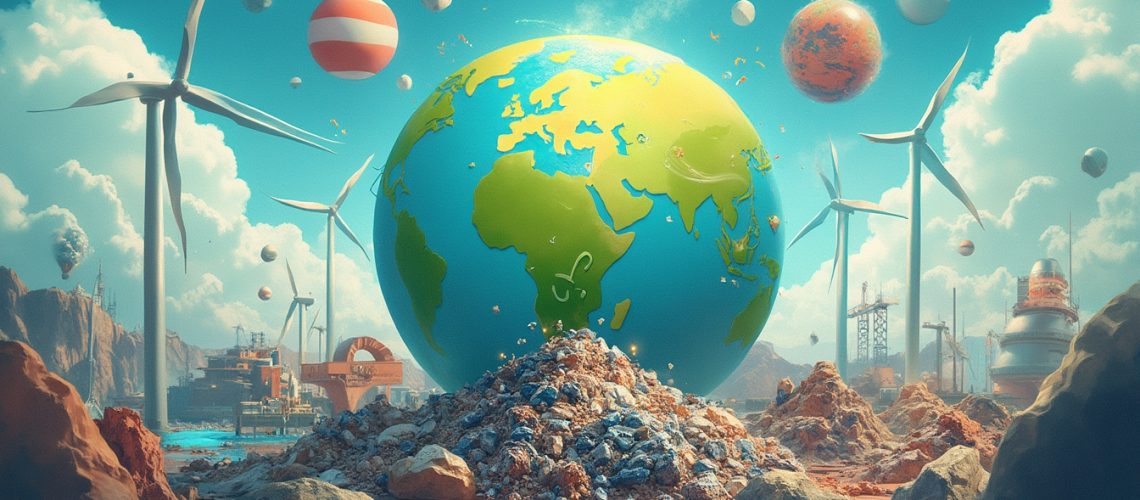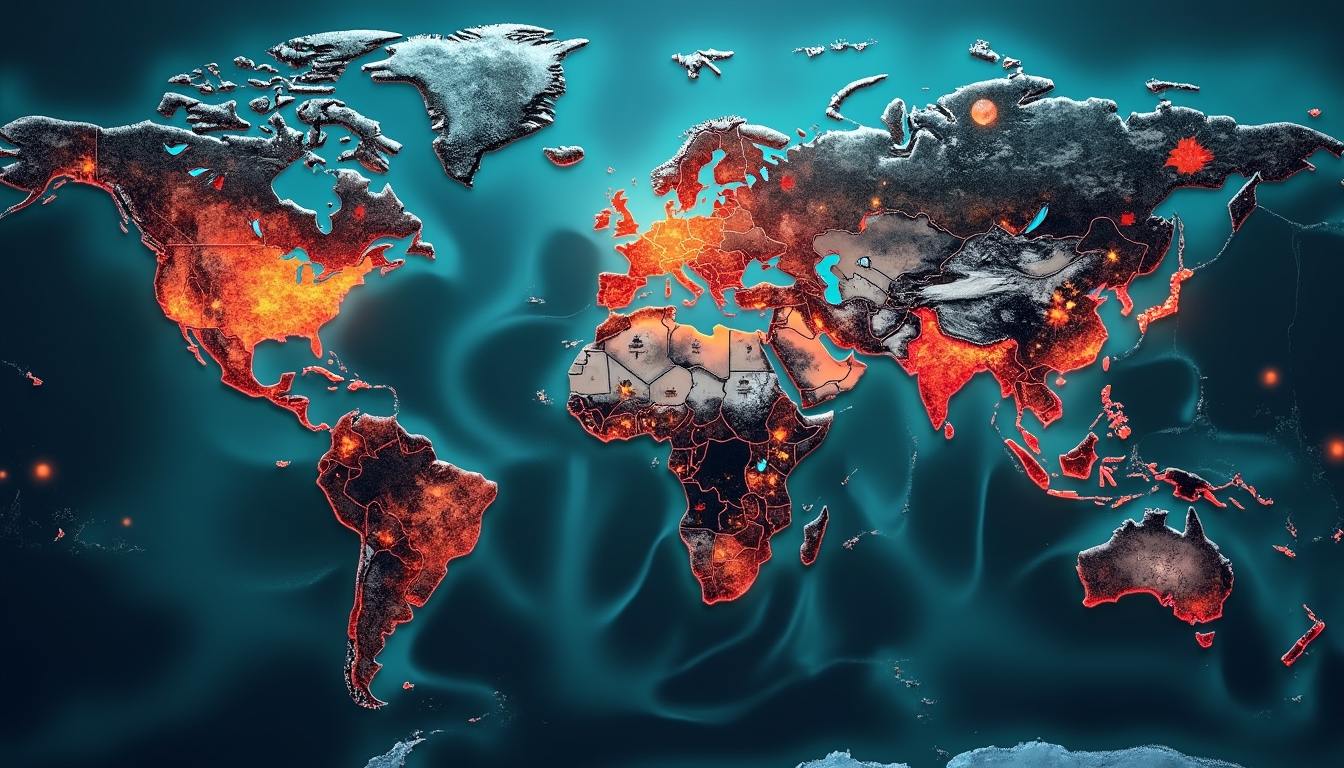Tackling Critical Mineral Shortages: Impacts on the Global Clean Energy Transition
Introduction
The global clean energy transition faces significant challenges due to critical mineral shortages. These shortages are disrupting the deployment of renewable technologies and energy solutions across multiple sectors.
The International Energy Agency (IEA) and GlobalData have raised substantial concerns about the potential bottlenecks in mineral supplies that could impede progress towards sustainable energy goals. Recent strategic intelligence reports highlight the unprecedented surge in demand for critical minerals, driven by expanding renewable technology markets.
Investors and policymakers must understand the complex interplay of geological, geopolitical, and market dynamics shaping this critical landscape. The investing in mining stocks guide provides essential context for navigating these challenges.
The Growing Demand for Critical Minerals
Renewable Technology Deployment Driving Mineral Needs
The global demand for critical minerals has reached unprecedented levels. Key technologies driving this surge include solar photovoltaic cells, wind turbines, hydrogen solutions, and carbon capture technologies.
GlobalData's strategic intelligence analysts have identified a critical trend: the global need for these minerals is rising at a rate never before witnessed in industrial history. Martina Raveni, a strategic intelligence analyst, emphasised the market instabilities causing significant price volatilities in green technology sectors.
Market Dynamics and Price Volatility
The green technology market experiences substantial price fluctuations. These instabilities create challenging investment environments, making it difficult for companies to predict long-term supply and demand trajectories.
The digital transformation in mining is increasingly important in addressing these complex market challenges.
Geological and Geopolitical Implications
Resource Concentration and Geographical Challenges
Critical minerals exhibit significant geographical concentration. Lithium reserves are predominantly located in South America and Australia. Cobalt production is centralized in the Democratic Republic of Congo, while Indonesia dominates nickel production.
These geographical monopolies create substantial supply chain vulnerabilities. Geopolitical tensions between major global players like China, the United States, and the European Union further complicate mineral access and distribution.
Complexities in Mineral Extraction
The shift towards lower-grade ores presents significant extraction challenges. Particularly in the copper industry, lower-grade mineral deposits require more complex and energy-intensive processing methods.
This trend directly impacts mining economics, increasing operational costs and reducing overall extraction efficiency. Environmental and Social Governance (ESG) standards add another layer of complexity to mineral sourcing and extraction processes.
Investment Landscape for Critical Minerals
Challenges in Attracting Investment
The International Energy Agency's analysis reveals critical investment challenges. Despite easing mineral prices in 2023-2024, future demand may significantly outpace supply.
This potential supply-demand imbalance creates uncertainty for investors, potentially deterring long-term investment in mineral exploration and extraction projects. The reduced financial incentives could slow down production growth in critical mineral sectors.
Strategic Investment Approaches
Investors must consider innovative strategies to navigate this complex landscape. Vertical integration through mining-to-manufacturing partnerships offers one potential approach for securing long-term supply chains.
Recycling minerals like copper, cobalt, and lithium presents another promising avenue. Projections suggest recycling could contribute approximately 40% of supply for certain minerals by 2050, reducing dependence on traditional mining methods.
Sustainable Supply Solutions
Enhancing Domestic Mining Capabilities
Governments are increasingly focusing on policy incentives to amplify domestic mineral extraction. Streamlining approvals for environmentally responsible operations can help increase local production and reduce international supply dependencies.
Innovations in Mineral Recycling
Recycling technologies are emerging as a critical solution to mineral scarcity. Circular economy models centred on mineral reuse could dramatically reduce reliance on traditional mining practices.
Future Projections and Market Scenarios
Global Energy Transition Challenges
Mineral scarcity poses significant threats to global clean energy adoption. Developing nations are particularly vulnerable to these supply chain disruptions, potentially delaying their energy transition timelines.
Collaborative International Approaches
Intensified international collaboration will be crucial in addressing mineral allocation challenges. This includes harmonizing ESG standards and fostering cross-sector partnerships to ensure sustainable mineral supplies.
Conclusion
The global clean energy transition stands at a critical juncture, challenged by mineral shortages and complex geopolitical constraints. While recycling innovations offer hope, immediate policy interventions and strategic investments are essential.
Stakeholders must remain adaptable, recognizing that the path to sustainable energy will require innovative solutions and unprecedented global cooperation. The original analysis can be found in the detailed report on critical mineral shortages.
Ready to Seize the Next Big Mineral Discovery?
Unlock the potential of ASX investments with Discovery Alert’s real-time notifications and AI-powered insights. Whether you're a novice or seasoned investor, our service simplifies the complexities of mineral exploration, helping you make smart investment decisions. Explore a 30-day free trial today and see how Discovery Alert can transform your strategy. Discover More




